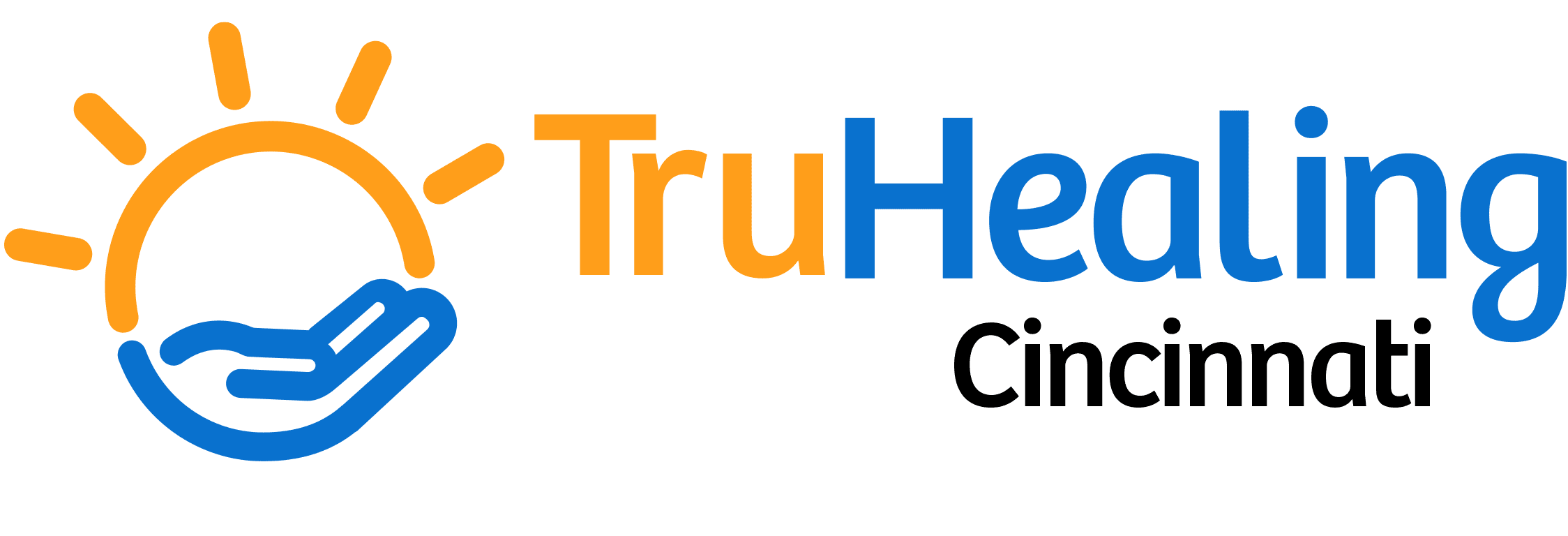Addiction recovery is challenging, and it can feel intimidating to re-enter your regular life without the coping mechanism of alcohol. However, it is always possible to learn these skills and acquire the support you need to make a successful transition. At TruHealing Cincinnati, we offer all patients comprehensive aftercare, allowing them to return to their regular lives armed with the necessary tools for thriving in sobriety. When faced with alcohol abuse triggers, you can be prepared. Call our team at 888-89-SOBER to learn more about our alcohol addiction treatment program in Youngstown today.
5 Triggers of Alcohol Abuse to Look Out For
By anticipating common triggers for alcohol abuse, you become more empowered moving forward, allowing you to make critical decisions to minimize the consequences of accidental relapse. In fact, if you can avoid drinking for as little as 15 to 30 minutes after feeling an urge to consume alcohol, you will be much more likely to successfully decline.
1. High Stress
Your overall stress level will prove one of the most pivotal factors in sober living. When stress levels soar, we frequently find ourselves leaning back on activities that we know will detach us from negative feelings. At these moments, it will become much harder to resist alcoholic drinks, or we may even consume a beverage before realizing it.
Therefore, it is imperative to engage in proactive stress management, which can include the following:
- Minimizing unnecessary stressors (optional encounters with high-maintenance friends, making adjustments to a demanding work schedule, etc.)
- Maximizing healthy behaviors, including eating a healthy diet, exercising, and deep breathing
- Discussing all sources of stress with your therapist, counselor, or support network to help you monitor unexpected sources of stress
2. Friends And Family Members Who Drink
People can also serve as triggers. Regardless of how we feel about them today, if you spend any time with people you habitually drank with, you are likely to reminisce about past binges and find it much harder to turn down drinks if offered. In the beginning, you may have to say “no” to any situation where alcohol will be present and suggest a sober activity such as getting coffee or going to a movie.
3. Holidays And Celebrations
During certain times of the year, it might feel that almost everything you hear or see, from music playing on the radio to decorations in the windows of your local bar, can remind you of your former drinking. In the short term, try to avoid the highest-risk/least-reward situations, such as an optional office party you never really cared for, and save your willpower up for sober events that are truly important to you.
4. Problems Within Personal Relationships
Without the ability to self-medicate problems with alcohol, you may find yourself in the position to confront issues within your relationships that you have avoided in the past. It is best to anticipate this and realize that simply because negative feelings become more obvious does not necessarily mean conditions are worsening. Instead, this suggests that you might require new strategies to communicate again successfully.
5. Boredom
Regardless of how unhealthy your drinking was, its absence will be palpable, and you may feel a sizable void. It is essential not simply to eliminate activities from your schedule but to replace them with other things that you enjoy so that you don’t succumb to boredom. Do your best to fill this time with new pursuits, hobbies, a low-stress side hustle, or anything else you enjoy (and that will keep you busy).
Alcohol Addiction Treatment Program at TruHealing Cincinnati
Although the transition to sober living presents many challenges, it may be the most critical decision you will ever make. Help is always available, and you never have to proceed alone, even in the face of alcohol abuse triggers. Call our team at 888-89-SOBER to learn about our holistic approach to aftercare at TruHealing Cincinnati and how we can get you on the road to permanent recovery today.

